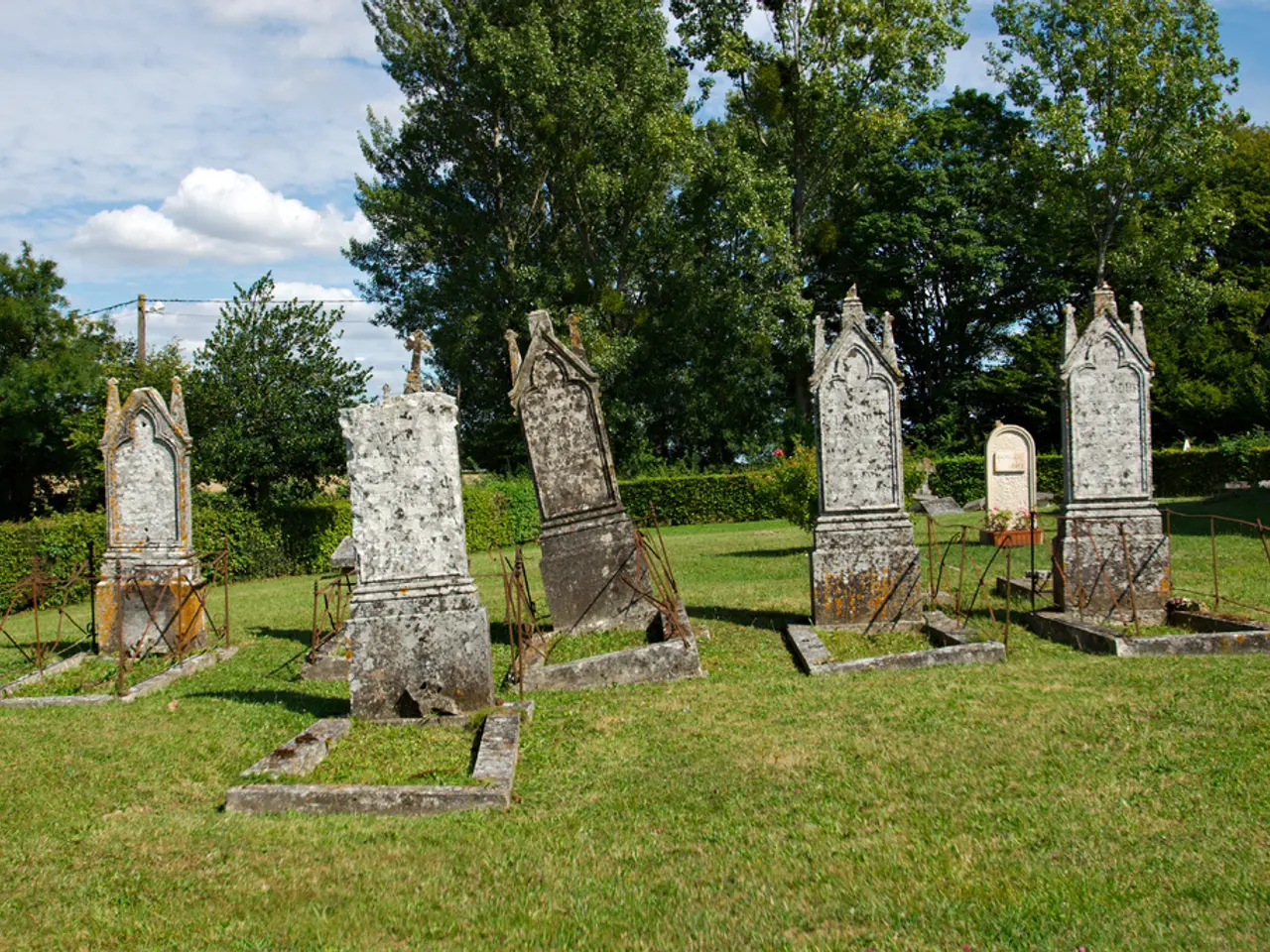Gorsuch's Views on Assisted Suicide Praised by Ethicists
Before his judicial appointment, Neil Gorsuch published a book in 2006 exploring the complex ethical landscape of assisted suicide and euthanasia. Now a Supreme Court Justice, Gorsuch's views on the matter have been praised by ethicists.
In his 2006 book, Gorsuch delved into the arguments for and against doctor-prescribed suicide and euthanasia. He argued that human life is inherently valuable, and the intentional taking of human life is always wrong. Gorsuch suggested that such practices could pose a threat to vulnerable populations.
During his confirmation hearing, Gorsuch made a crucial ethical distinction. He agreed that terminal patients have the right to refuse treatment and be left alone to die in peace. However, he drew a clear line between intent and knowingly in the context of alleviating a patient's pain, even if it caused death. This distinction, known as the 'double-effect' principle, was praised by ethicist Edward Furton. Furton clarified that pain management should not involve an overdose or render the patient unconscious except in extraordinary circumstances.
Neil Gorsuch's exploration of assisted suicide and euthanasia in his 2006 book, along with his ethical distinction during his confirmation hearing, demonstrates his thoughtful consideration of complex end-of-life issues. His views have been commended by ethicists, highlighting his nuanced understanding of these matters.
Read also:
- Overweight women undergoing IVF have a 47% higher chance of conceiving naturally post-weight loss
- Bonsai Trees from Evergreen Species: Exploring Growth Characteristics & Distinct Qualities
- What temperatures may make walking your canine companion uncomfortable?
- Title: Information About Beovu: Potency, Form, Usage, and Additional Details






